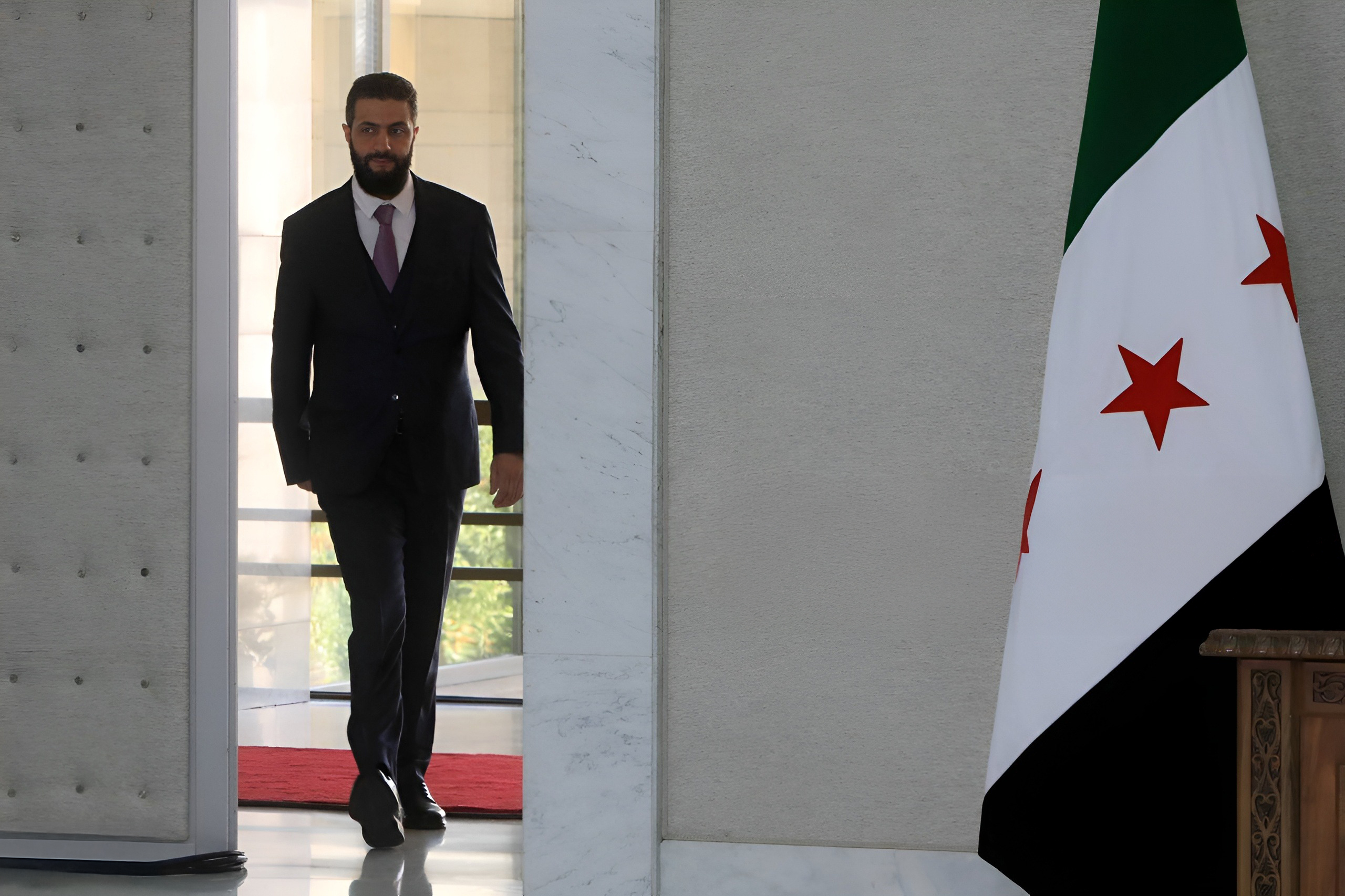Iraqi Dawa Party Rejects Invitation to Syrian President: ‘In Respect for Iraqi Blood’
“We recognize that the Arab League Charter mandates the invitation of all member states, however, participation in the summit must respect international and Iraqi judicial standards,” the statement read.

By Ahora Qadi
ERBIL (Kurdistan 24) – The Islamic Dawa Party in Iraq strongly objected to the invitation extended to Syrian President Ahmed al-Sharaa to attend the upcoming Arab League Summit in Baghdad, citing past crimes and the need to uphold justice for Iraqi victims of the war.
In a statement released on Sunday, the party emphasized that while the summit presents a critical opportunity for pan-Arab cooperation—particularly in support of the Palestinian cause and the plight of Gazans under Israeli aggression—it must also uphold the legal and moral integrity of Iraq.
“We recognize that the Arab League Charter mandates the invitation of all member states,” the statement read. “However, participation in the summit must respect international and Iraqi judicial standards. No individual accused of grave crimes should be welcomed in Baghdad. Iraqi blood is not cheap, and we reject the presence of anyone who has violated its sanctity or committed documented atrocities against its people.”
Historical parallels and judicial standards
Drawing parallels with international norms, the Dawa Party cited the case of Israeli Prime Minister Benjamin Netanyahu, who is barred from visiting many European countries due to a warrant issued by the International Criminal Court. “Many governments have declined to receive him, in deference to international legal rulings and public sentiment. Iraq should act accordingly with those complicit in crimes against its citizens.”
The party stressed that justice must take precedence over political expediency, arguing that honoring Iraq’s martyrs and national dignity requires rejecting figures associated with past violence, regardless of shifting political winds.
Invitation sparks political backlash and regional debate
The statement follows Iraqi Prime Minister Mohammed Shia’ al-Sudani’s recent announcement during the Sulaimani Forum 2025 that an official invitation had been extended to al-Sharaa to attend the summit in Baghdad. The move has ignited controversy across Iraq’s political landscape, particularly among parties perceived to be aligned with Tehran.
The tension intensified after images of a meeting between Sudani and al-Sharaa in Doha circulated on social media last week. Critics accused the Prime Minister of undermining Iraq’s traditional regional alliances and questioned the timing of the outreach.
Analysts split on motives behind diplomatic outreach
Nawal al-Mousawi, a political analyst, told Kurdistan 24 that Sudani’s engagement with Damascus reflects “Iraq’s broader strategic interest” amid ongoing regional shifts. “Syria is Iraq’s geographic and strategic depth,” she noted, stressing that reestablishing ties should transcend short-term political agendas.
Similarly, academic and political commentator Wael Hazem argued that the backlash against Sudani is part of an early electoral offensive. “This is political maneuvering—an attempt to score points ahead of the elections,” he said. “The Iraqi people largely support pragmatic steps that serve national interests.”
Rising tensions ahead of national elections
With Iraq’s electoral season entering its final phase, observers anticipate intensified campaigns targeting high-profile figures. Sudani appears to be among the first to face public and political scrutiny, particularly over foreign policy decisions seen as controversial by certain factions.
As Baghdad prepares to host the Arab Summit, the dispute surrounding Sharaa’s invitation has underscored broader tensions between justice, diplomacy, and domestic politics in a region still navigating the legacies of war and shifting alliances.
